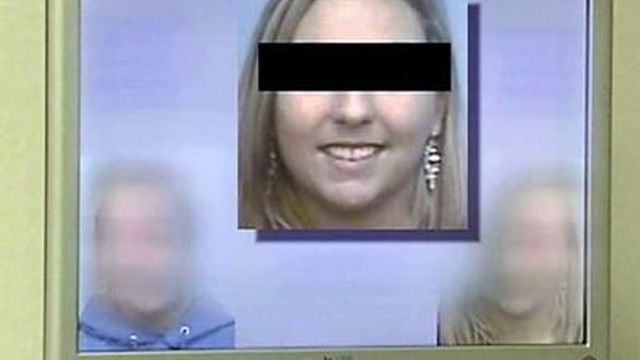DMV technology cracks down on fraud
Facial-recognition software helps match driver's license photos and limit identity theft. "We'd like to know that you are who you say you are," an official says.
Posted — UpdatedAfter the Sept. 11 terrorist attacks, critics slammed North Carolina for lax regulations on issuing driver's licenses. People weren't required to provide Social Security numbers, which led to illegal immigrants and imposters gaining licenses, critics said.
New state laws and policy changes led the DMV to begin requiring Social Security numbers of license applicants and helped examiners check out-of-state licenses and other forms of identification. In 2005, the agency implemented facial-recognition technology to verify license photos and combat fraud.
"We'd like to know that you are who you say you are," said Barbara Webb, who heads up the facial-recognition program for the DMV.
North Carolina processes about 12,000 driver licenses every day. Each night, those DMV photos run through a database containing 26 million pictures to look for matches.
The system found one man had nine license pictures to go with his nine identities and Social Security numbers. One woman had 11 different identities, and a 15-year-old posed twice to get fake IDs to get into bars.
"Without facial recognition, I would not have found those identities," Webb said.
The software also has other crime fighting uses, such as helping other law enforcement agencies identify suspects in surveillance or security photos.
Stephen Lamm, the director of the DMV's Identity Lab, recalled a case of a stolen car in which the thief left behind a CD with his picture.
"We took that CD, processed it through the (facial-recognition) system and came up with a positive match and made an arrest out of that stolen vehicle," Lamm said.
The system similarly weeded out the 41 different photos and identifications of a man suspected in a financial fraud and money laundering scheme.
Since 2005, the software has generated more than 2,600 fraud cases, Webb said.
"We've gone from 50 to 75 cases down to five to eight cases a day," she said, attributing part of the decline to increased public awareness of the tighter security measures.
Indiana made news in recent weeks because officials advised people to stop smiling in driver's license photos so as not to throw off that state's software system. North Carolina DMV officials said their facial-recognition software can identify people with or without a smile, glasses or beard.
The DMV, for example, caught a man posing as his ex-wife to steal her identity after the software saw through his wig, make-up, and dress.
"That (Indiana) software is different from ours, I'll put it that way," Webb said.
Detecting plastic surgery is the one major limitation for the system, she said.
"Facial recognition cannot compare a structural change," she said.
In addition to its facial-recognition system, the DMV also has beefed up its database to track fake Social Security numbers, officials said.
A state audit last year found nearly 27,000 licensed drivers' applications didn't match Social Security numbers. Many of those licenses were later found to be either expired or already revoked, and the DMV sent letters to about 4,500 drivers demanding that they verify their identities.
Soon, the agency will stop the same-day issuing of licenses to give examiners time to review all data on file and confirm a person's identity.
• Credits
Copyright 2024 by Capitol Broadcasting Company. All rights reserved. This material may not be published, broadcast, rewritten or redistributed.






